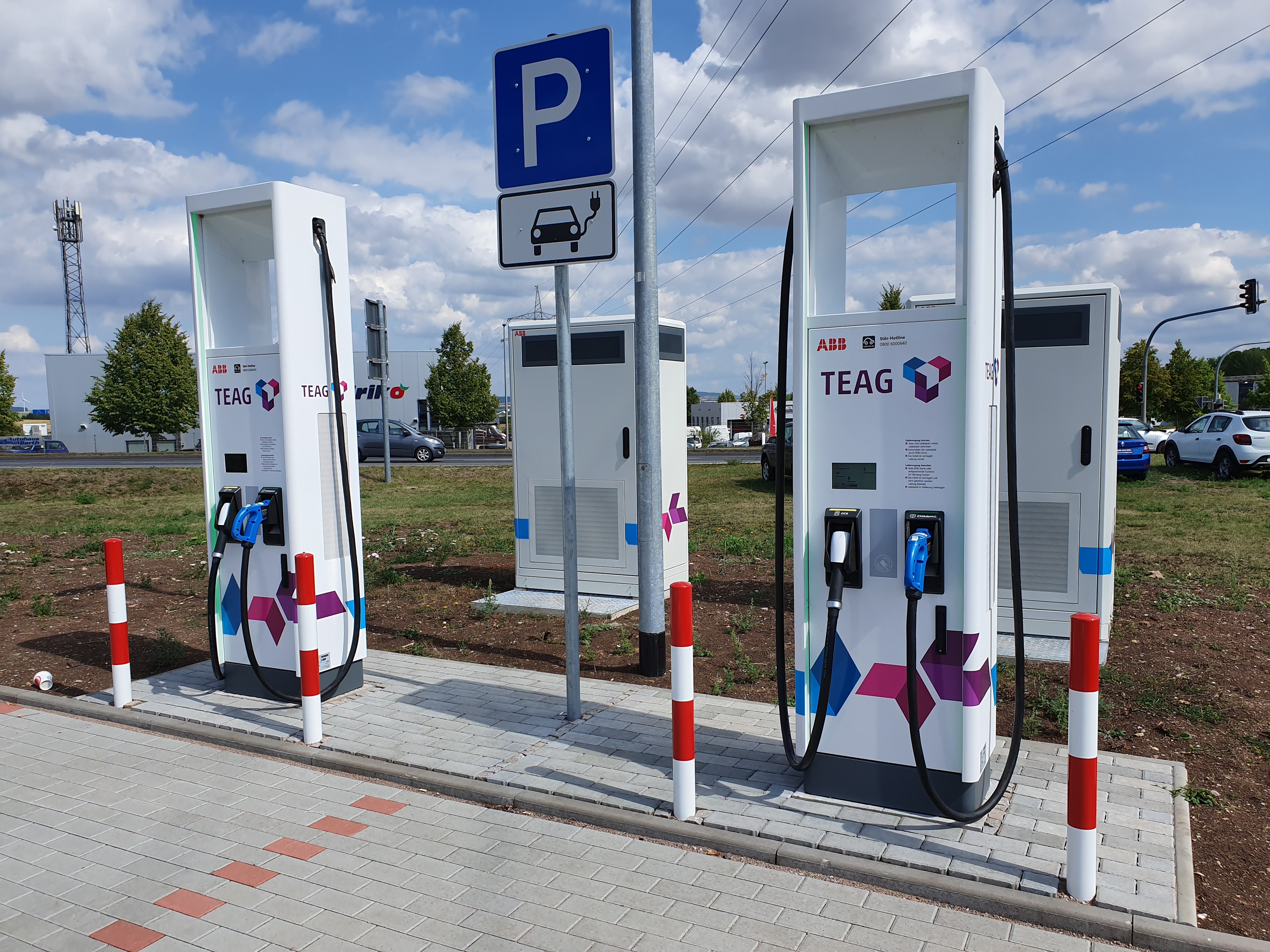Dowlais Group has reported a 9.2% fall in revenue as the group’s first half profits were hit by a slowdown in electric vehicle (EV) production.
The engineering group’s H1 revenue dipped to £2.5bn as underlying profits in the six months to 30 June fell to £151m, 15% down from £177m in the same period last year.
Dowlais confirmed that this profit figure included £7m of operating losses from its hydrogen operations, reflecting a decline of 9% compared to last year driven by lower volumes.
The group’s adjusted operating margin of 5.9% was 30 basis points lower than 2023 as the impact from lower volume was partially offset by proactive actions to manage the cost base and by pricing.
Dowlais CEO, Liam Butterworth, said that the group had been focusing on what it could control amid what he described a “challenging market environment”.
“[We] took several decisive actions to mitigate the impact from lower volume as well as unlock value from our portfolio,” Butterworth added.
“We continue to execute on our strategy to accelerate the transition to a powertrain agnostic business model which is better positioned to navigate market volatility and deliver sustainable, profitable growth and cash generation in the medium term.”
AJ Bell investment director, Russ Mould, commented that Dowlais has been affected by a “wider malaise in the sector”, with adoption of EVs not following the trajectory which had been expected.
“This makes it tough not only for the carmakers themselves but also for businesses like Dowlais which supply it with components,” Mould said.
“That’s reflected in a pretty dreadful set of first-half results with a 9% drop in revenue translating into much bigger falls in profit and cash flow. The company has significant fixed costs which cannot be reduced at the same pace as business drops off.
“The company is not just surrendering to its fate; it has disposed of the loss-making hydrogen operations and is considering a sale of its powder metallurgy arm. Dowlais has also engaged in significant cost cutting. The danger is this reduces its capacity to place itself at the heart of the industry’s transition to EVs.”
Latest News
-
FCA launches probe into WH Smith following accounting error
-
Bank of England cuts interest rates to 3.75%
-
Currys’ shares jump as it reaffirms guidance
-
Diageo sells Kenyan drinks business to Asahi for $2.3bn
-
Bunzl publishes ‘indifferent’ outlook in trading update
-
Next plans takeover of Russell & Bromley
© 2019 Perspective Publishing Privacy & Cookies









Recent Stories